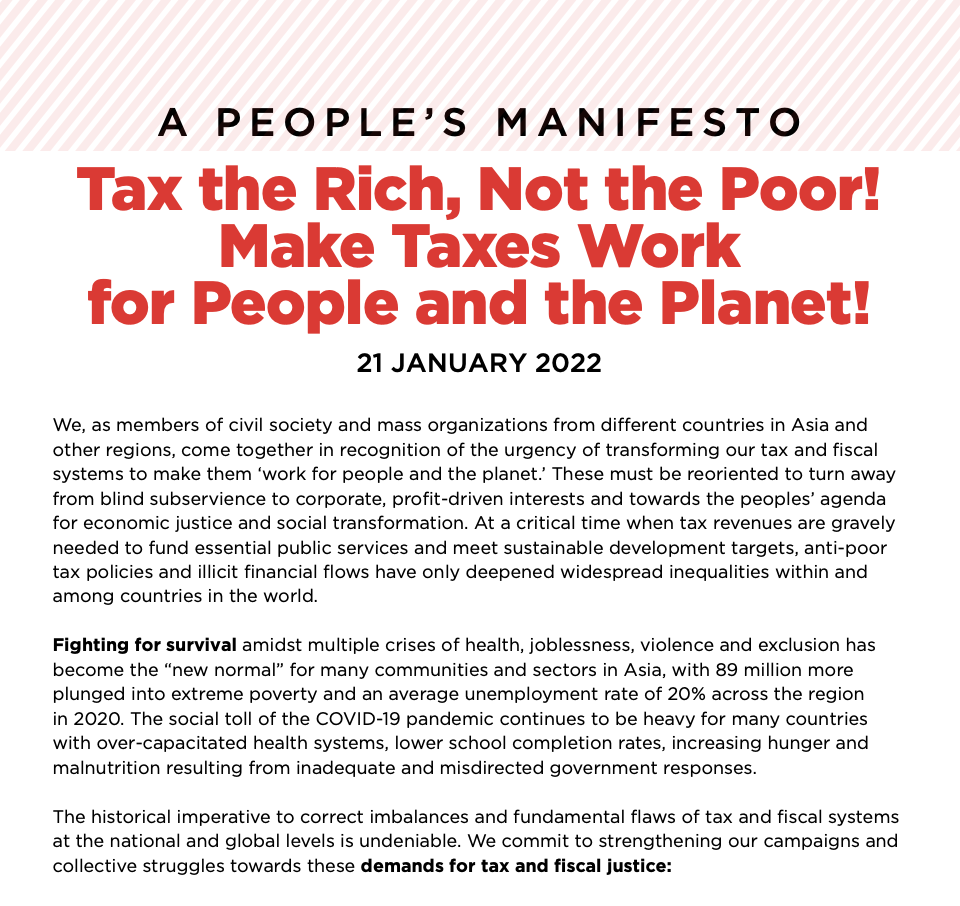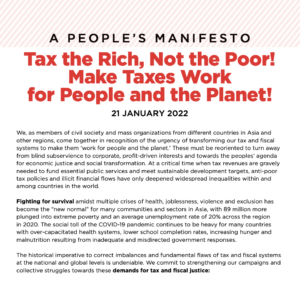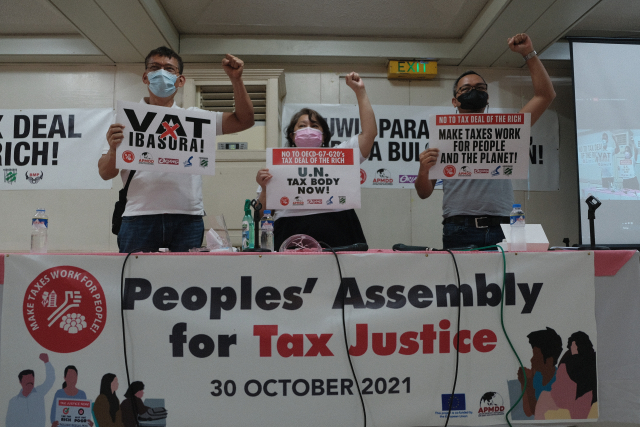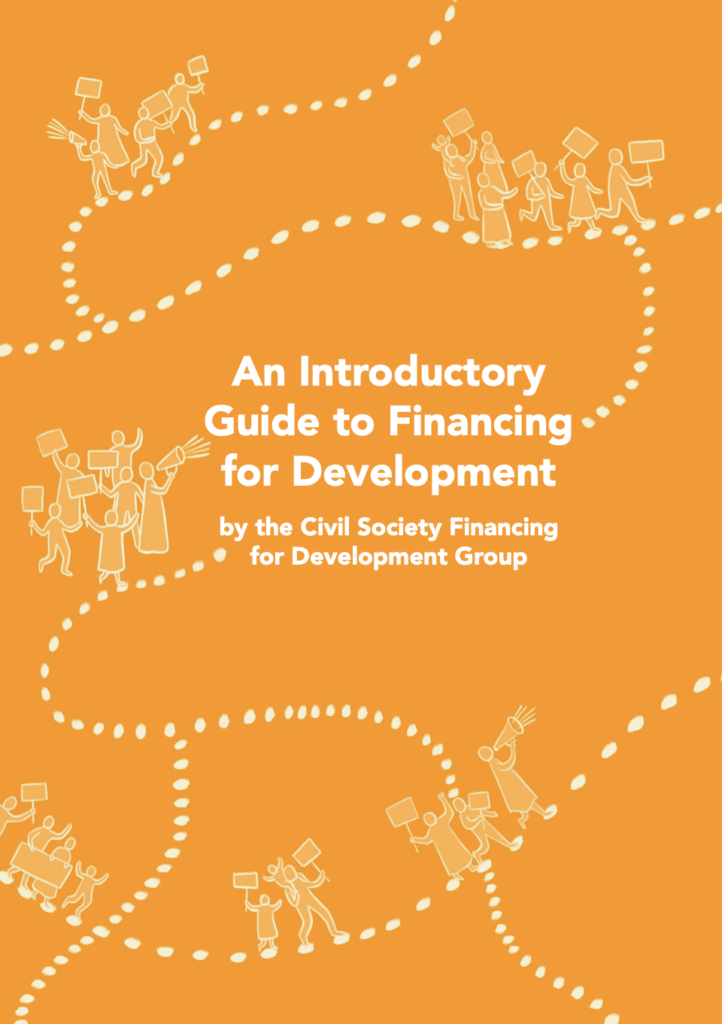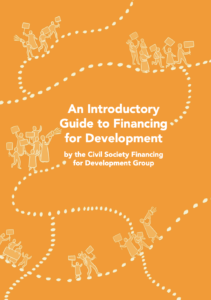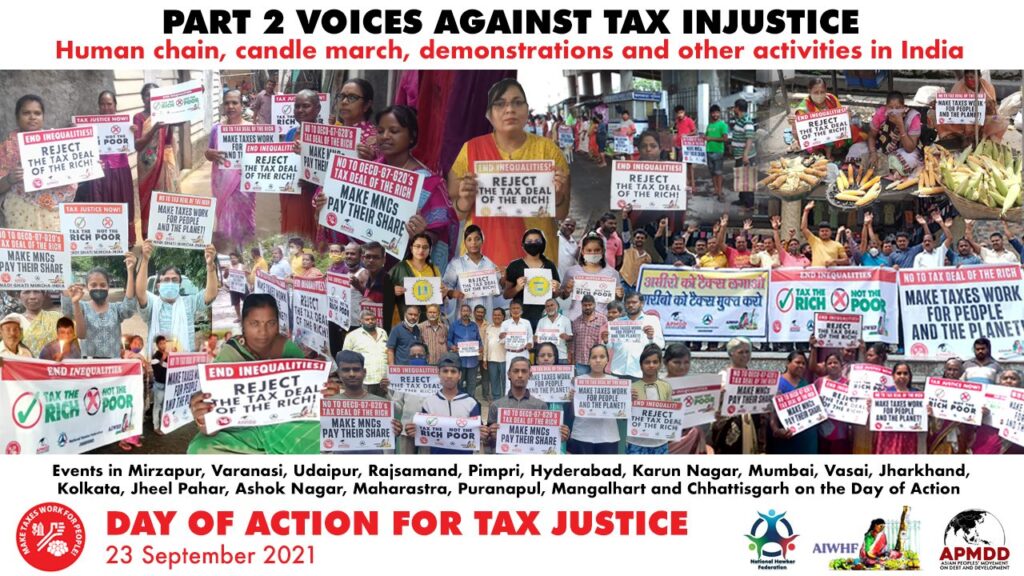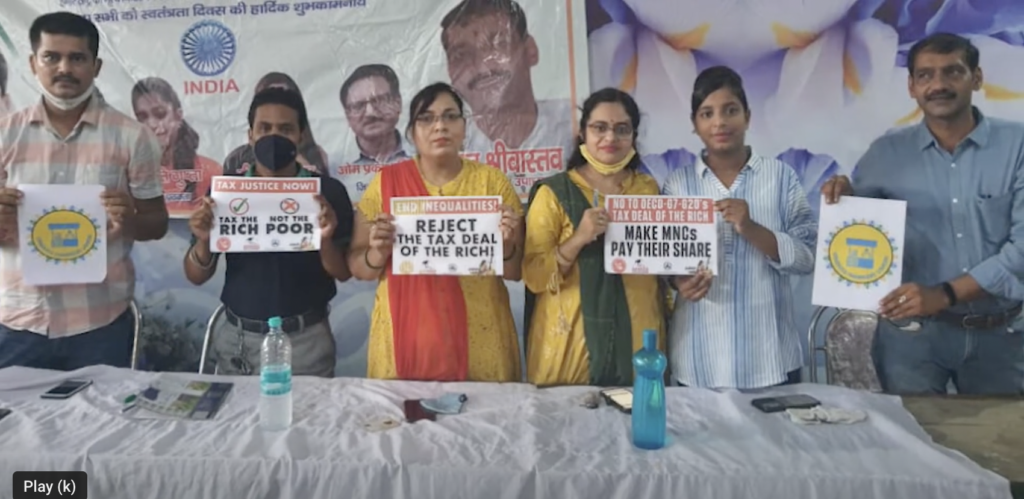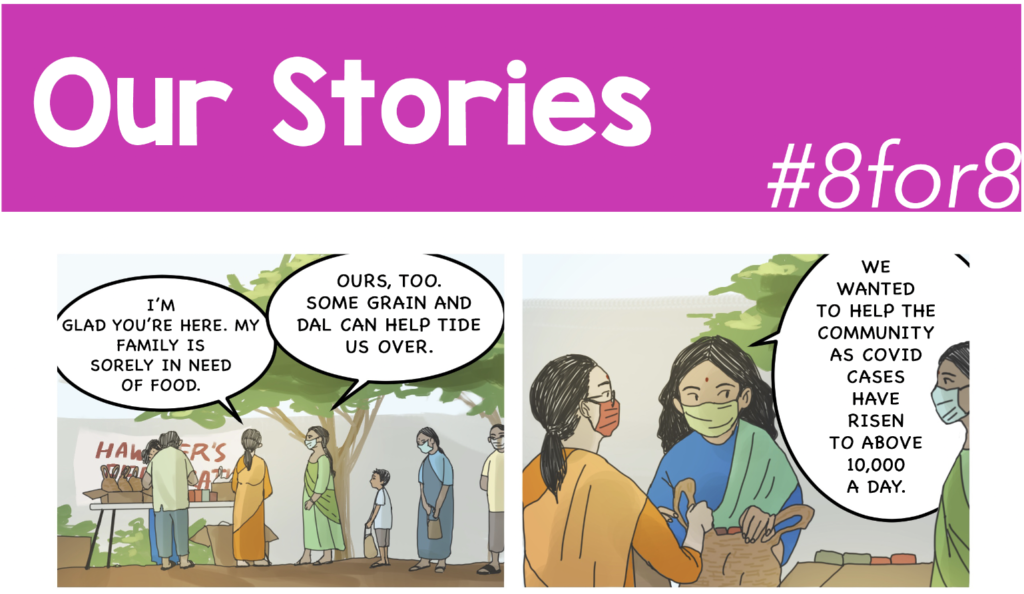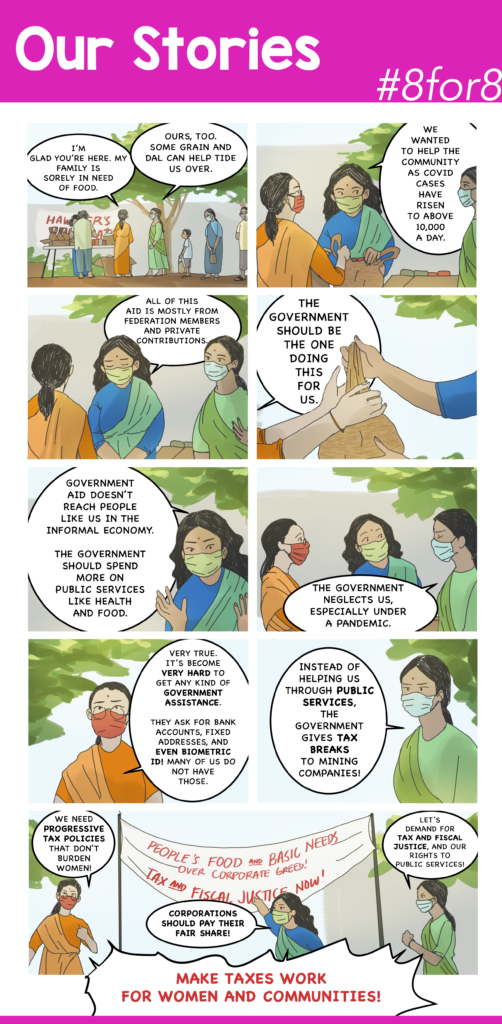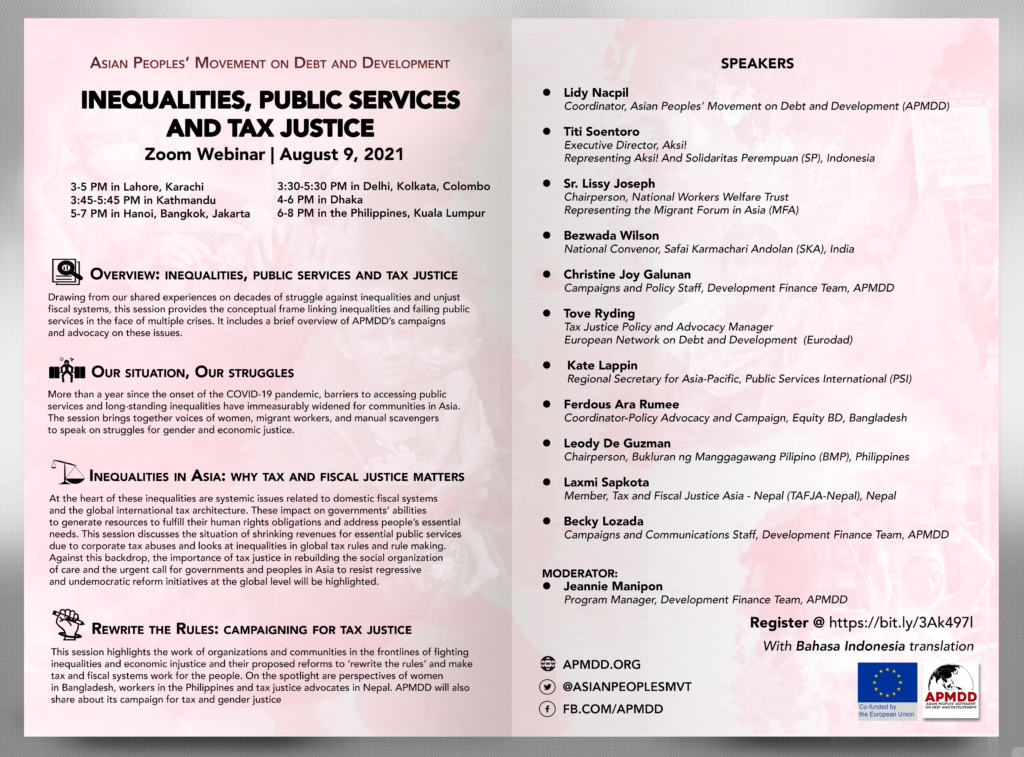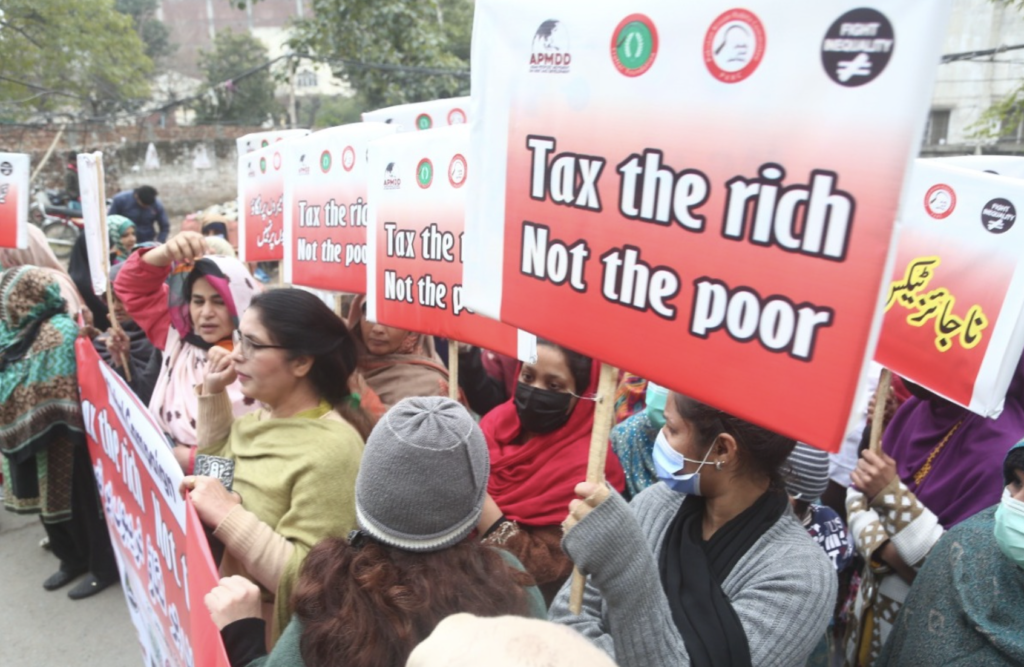
On 15-22 January 2022, APMDD and its members participated in the Global Protest to Fight Inequality (initiated by the Fight Inequality Alliance). This included activities in Indonesia, India, Bangladesh, Pakistan and the Philippines, around the theme “It’s Time to Tax the Rich”.

Actions ranged from protests by workers and union leaders in the Philippines and dances to the tune of “We Will Tax You” (see Facebook Live stream above), a children’s art exhibit in Pakistan, a human chain in Bangladesh, a package of activities from movie screenings to talk shows, declarations and mural installations in Indonesia, and a discussion forum bringing together around 70 activists, thinkers and leaders in India.
Further details on the actions can be found in this article.

